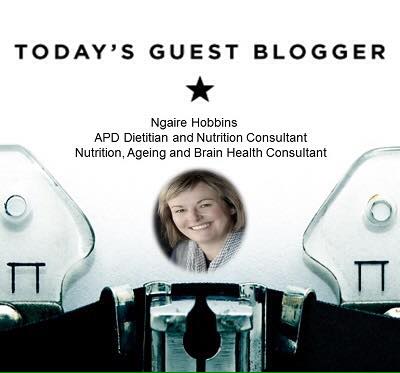
Let’s face it, eating is something that brings pleasure and social connection. That is no different merely because of a diagnosis of dementia. In fact, food continues to hold the power to help get the most out of life, supporting brain and body, while always continuing to add joy to life.
It might not always seem to be that way if dementia has messed up connections in the brain that link hunger with all the quite complex steps needed to be completed to shop for, prepare, serve and then manage to get food into the mouth and swallowed. If any of these are impacted and strategies not put in place to help get around such issues, there is a big risk someone living with dementia will go hungry.
I don’t know about you, but if I was hungry and wasn’t able to carry out whatever steps I needed to deal with that in the way I had always easily been able to do in the past, I think I’d find it depressing and might even lash out in frustration. Those of us who care about someone living with dementia can do so much to help maintain not only the pleasure in eating, but to head off malnutrition by being aware that just because someone is not eating the food put on the table or what is sitting in the fridge, it doesn’t necessarily mean they are not hungry. In fact, I believe they often are.
Unfortunately, the importance of eating, and the disastrous consequences of the malnutrition that is all too common in dementia, is frequently ignored by health professionals too. I released a book in 2014, Eat To Cheat Ageing that among many things, highlighted the damage weight loss does in later age, providing strategies for avoiding it and minimising it’s impact. This is no less important when it comes to brain health and dementia, as was recognised in 2014 in the report on Nutrition and Dementia by Alzheimer’s Disease International, which states that close to half of those diagnosed with dementia had lost weight in the previous year, the consequences of which include increased frailty, falls and death.
My new book, Eat To Cheat Dementia looks more closely at the impact of eating on brain health and cognition, and how these then in turn affect the ability of someone living with dementia to. It’s not a book that claims to be able to cure, or that guarantees a way to avoid dementia – we all know that’s just not possible yet. But what it does do is provide evidence-based advice on what you can do to give your brain the best chance possible to head off dementia if you are not living with that diagnosis. And for those who are, provides sensible, practical advice and strategies to enrich life as well as maximise health and independence.
For those who do not live with a diagnosis of dementia, food assists in three main ways: by helping maintain the smooth running of your vascular system (blood vessels), by providing vital substances to minimise the harmful effects wrought by inflammation and oxidative stress on brain cells, and by providing protection and support for brain function.
Those continue to apply for people who have received a dementia diagnosis, but what overrides all else at this time is the vital importance of avoiding weight loss wherever possible. There are some people with dementia who will gain weight, but for the vast majority, advancing frailty including weight loss is a problem. That means focussing on food that provides plenty of kilojoules along with protein and other nutrients as much as possible. Adding cream, butter or oil to recipes, sprinkling grated cheese on hot vegetables and extra parmesan on pasta, adding milk powder (or commercial high protein supplements) to drinks and dairy dishes and using treat foods to entice appetite are all useful strategies. Don’t fuss about avoiding sugar or salt – the important thing is getting food in, and if that means an extra spoonful or 4 of sugar, or adding salt to meals, that’s what needs to be done. There is so much more that is outside the scope of this blog, and that you will find in my books, but before I go I want to leave you with one other thought: If an individual’s memory is looking into the more distant than recent past, work with that – offer foods and meals that were enjoyed years, even decades previously. It might just be that the latest food trend is not even recognised as food if memories are mostly being recalled from a younger life 50 years ago. Embrace the meat and 3 veg, the custard, scones with cream and jam, steak and kidney – it might just add both joy and good nutrition.
Ngaire Hobbins APD is a dietitian specialising in ageing and brain health. Her books are available through all bookstores and the usual online outlets. In South Australia and Tasmania Eat To Cheat Dementia is also available through Alzheimer’s Australia (where a donation from the sale of each book goes to AlzAust)
www.eattocheatageing.com
www.facebook.com/eattocheatageing
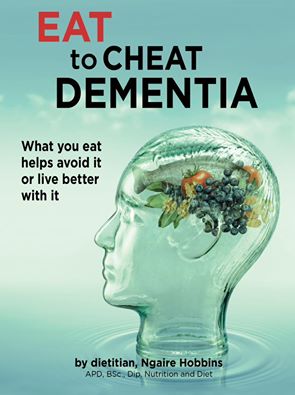
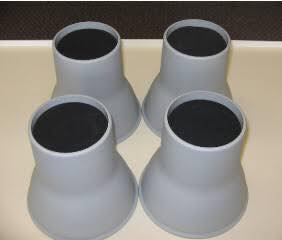


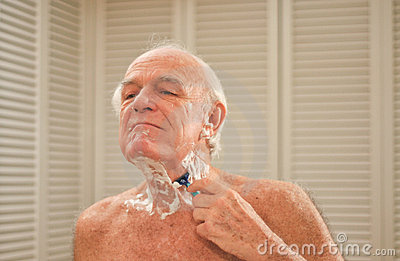




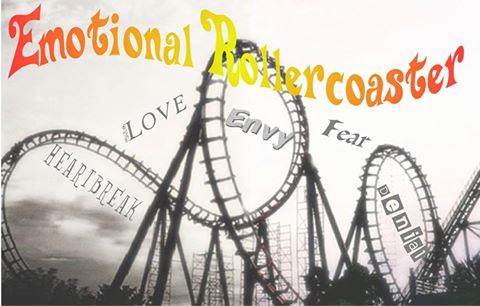
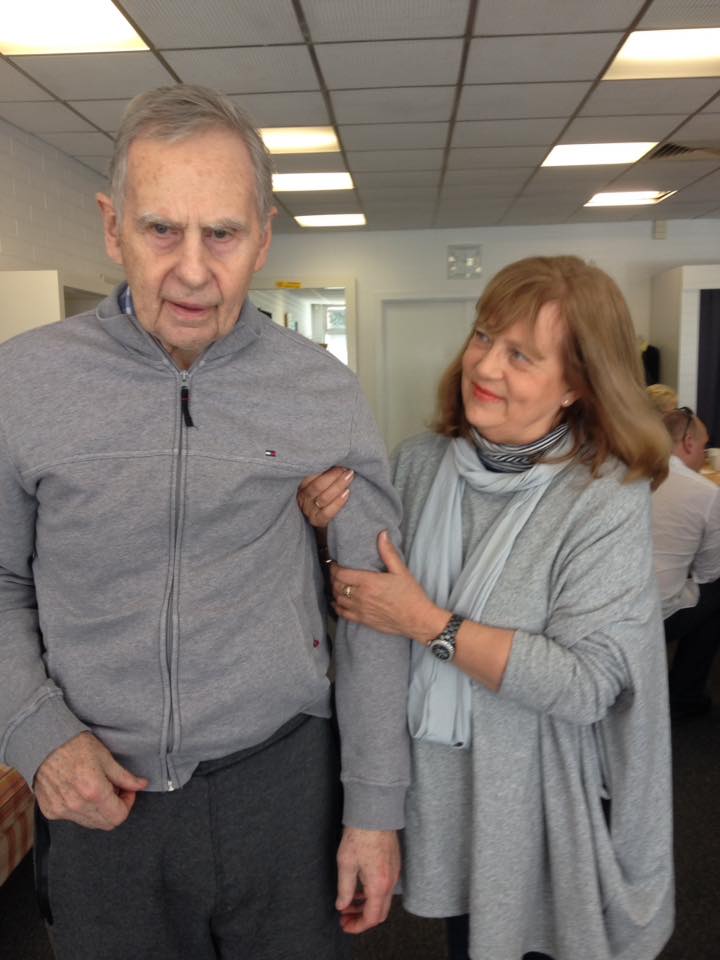











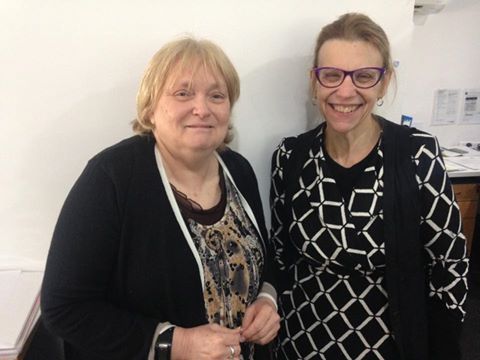
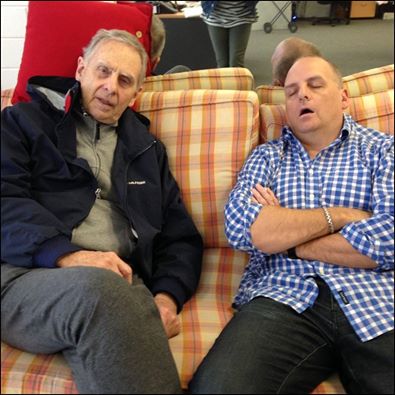





 Facebook
Facebook Twitter
Twitter LinkedIn
LinkedIn